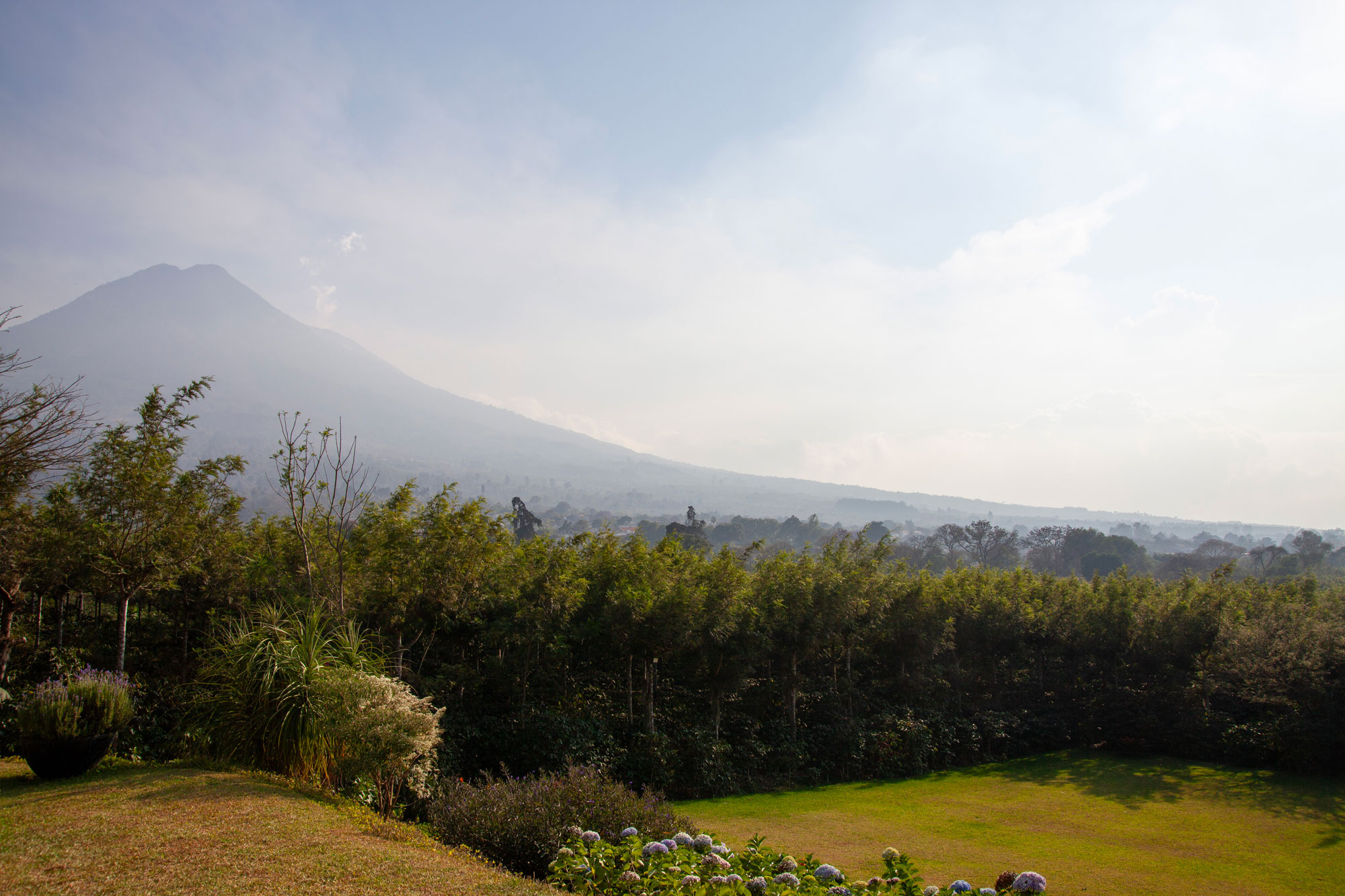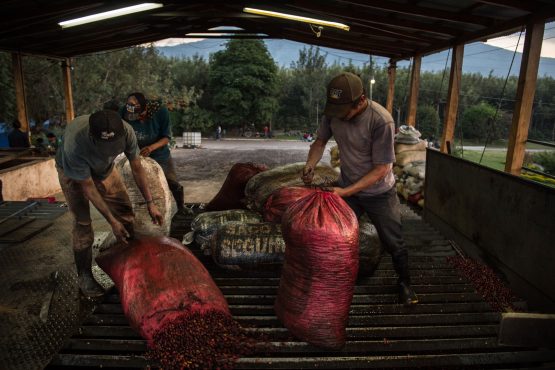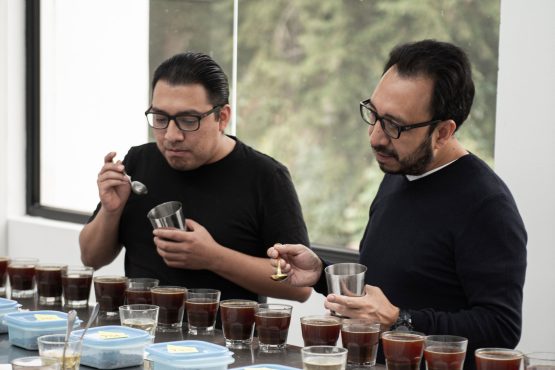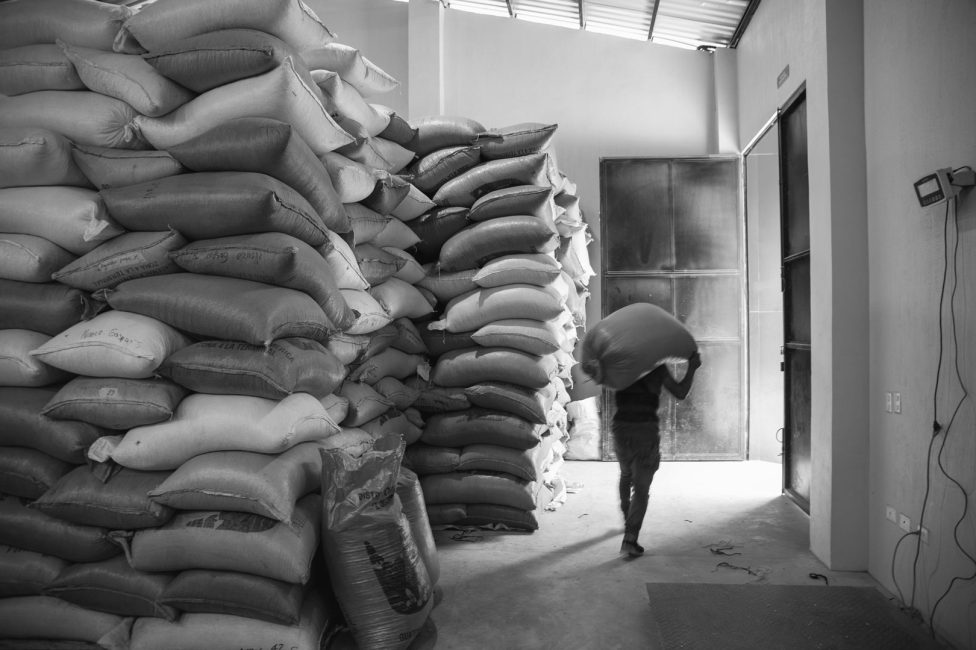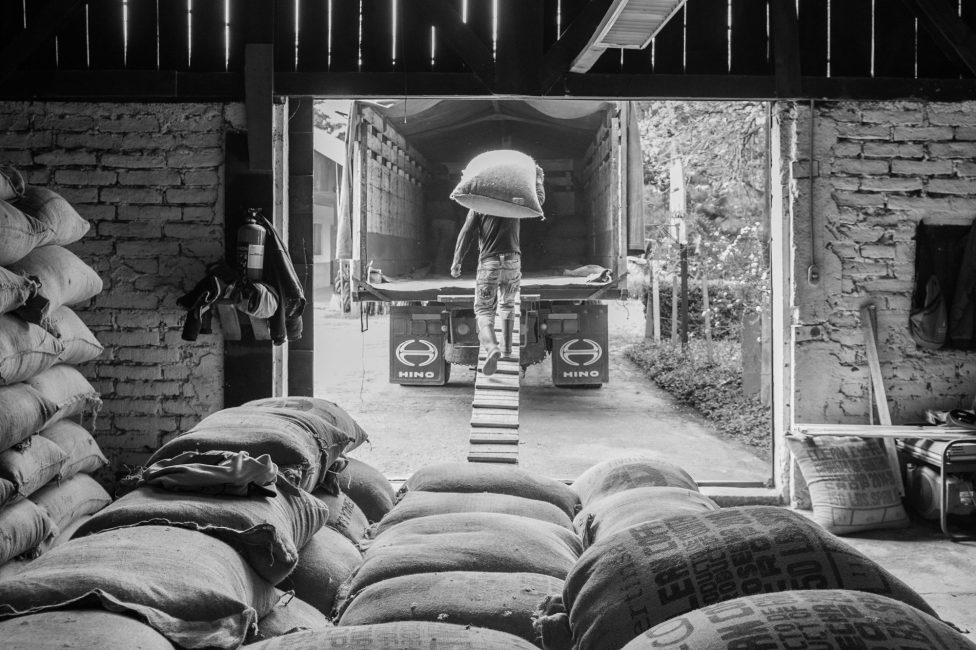It’s time to plan for Guatemala!
MCM is headed to Guatemala! This time next month Fleur will be in the country, cupping through this year’s harvest and selecting our favourite lots to land in Australia from mid-2025 onwards. Before she heads off, we’re keen to hear from you!
Published 18 February 2025
We’ve been sourcing coffee from Guatemala since the very early days of MCM. Not only do we love the variety and versatility of flavour profiles produced here, but we also hold extremely strong and longstanding relationships with our supply partners on the ground. For the families we source from, coffee is more than just a cash crop: it’s a family tradition and a great source of pride. Ahead of the sourcing season, we’re briefing in customers on what to expect from the 2025 harvest and asking for your purchasing intentions to add to our buying brief.
Similarly to Colombia, Guatemala’s coffee trade is closely linked to the commodities market. Given the extreme surges within the current market, pricing for this season is expected to be significantly higher than the previous few years. With commodity prices at an all-time high, many producers may choose to sell their coffee to commercial exporters, thereby making a great price for their crop without the additional resources, labour and inputs required to produce specialty grade lots. Specialty buyers must pay premiums to compete with commercial exporters, driving up prices along the supply chain.
We’re extremely fortunate to work with several producers in Guatemala who export their own coffees, giving them autonomy over how and where their crop is sold. Some have chosen to honour the longstanding and committed nature of our partnership by stabilising pricing this year, raising prices only minimally to pass on increased cost of production, rather than reacting to market volatility. This model is supported by many years of fair and mutually beneficial trade and is a testament to the strength and sustainability of business practices that prioritise people over profit. In this case, we’ve contracted our volumes ahead of time to reassure our supply partners that their coffees have a committed buyer.
There is still some uncertainty, however, surrounding the availability and pricing for coffees sourced through our export partners at Prisma Coffee Origins. Prisma’s supply model involves buying parchment from many smallholder farmers and cooperatives, which are then milled, consolidated and exported by the team. In this model, Prisma competes with commercial exporters by paying quality-based incentives and premiums. In such an inflated market, many smallholder producers are currently being offered better prices for unprocessed cherry than they are for dried parchment, and may simply choose to cash in early in the season, rather than expend the additional labour and costs to produce a higher quality product — an understandable path, given that agricultural inputs, services and labour costs continue to rise in accordance with C-price spikes. As one supplier put it: “…everyone wants a piece of the pie”. The result is less availability of quality coffee lots and the lots that are available demand a very high premium.
Our expectation is that this season’s Guatemalan coffees will be expensive, and some lots may be limited or unavailable. Our strategy is to focus on coffees that we know our customers will love and to continue prioritising quality and relationship above all else. One of the ways we’ll minimise risk in such unprecedented market conditions is to limit the number of spot options offered in each container — so it’s more important than ever to share your purchasing intentions ahead of our sourcing trip!
Ahead of our trip we’ll be sharing a detailed buying brief with our supply partners and, in some cases, signing contracts to ensure volume and provide certainty and security to the supplier. Sharing your intentions early means we can work towards securing your preferred lots and we can keep you updated on indicative availability, pricing and timing as we learn more from our partners on the ground.
Keep in mind, while C-prices are extremely high at this time, the coffees we book and confirm during this trip won’t land in Australia for another 4-6 months and may not go into production until the tail end of 2025. This gives you an opportunity to investigate your costs and pricing structure and implement strategies to find more efficiencies within your business operations and raise prices for your own customer. We’re here to help you navigate these tricky times – reach out anytime!
Read our tips for buying in 2025 here.
